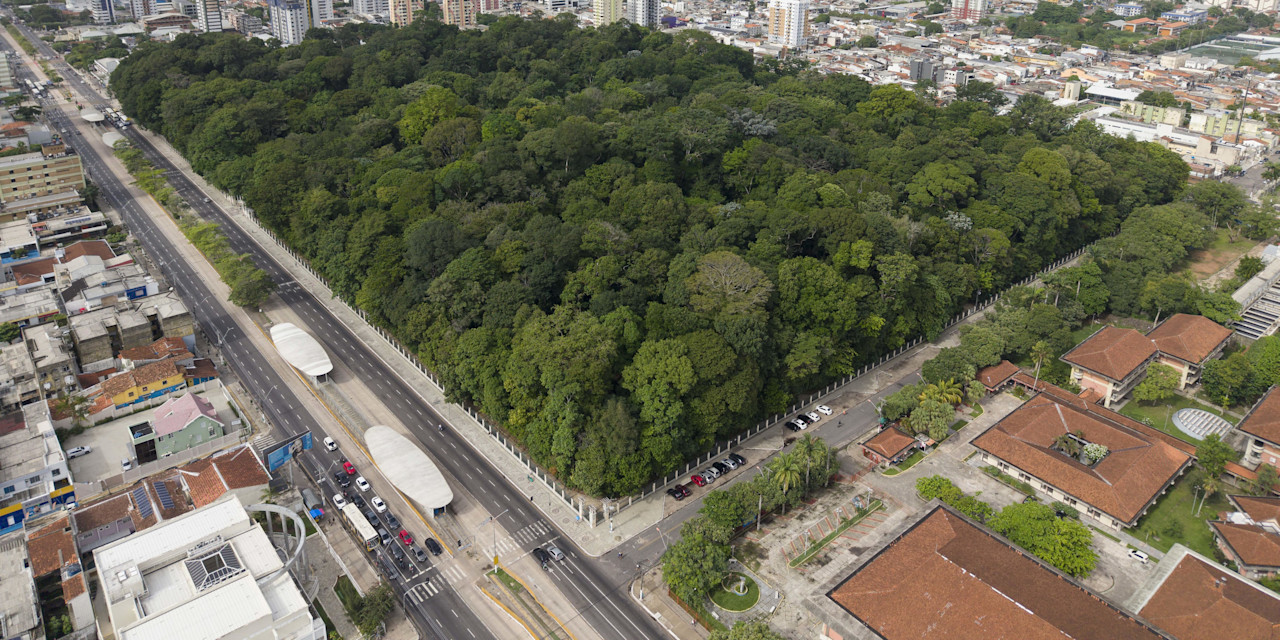

SI Dilemma: The unexpected debate about weapons
Sustainable investing has never been static. It has evolved over the decades to include a wider range of asset classes and approaches. A certain set of beliefs has tended to underpin all approaches though, tied to the concept of environmental protection and inter-generational equity, and aligned with identification of the most important topics. The arrival of the Sustainable Development Goals (SDGs) in 2015 further helped to provide a common, albeit imperfect, reference framework for sustainable investors.
Summary
- War in Ukraine raises question of weapons used to protect peace
- Weapons avoidance has been a long-standing core element in SI
- Changing perceptions takes time, but challenging beliefs is necessary
But now, one of the longest-standing tenets of sustainable investing has been challenged – the exclusion of weapons from sustainable portfolios. Weapons exclusion has never been a simple binary issue, since investors have always had to make decisions, such as should all weapons be excluded, or just those sold to the military? And should just the manufacturers of weapons be excluded, or also the retailers? And do we put firearms for sports in the same category as cluster bombs?
Most sustainable investors generally agree on the basic principles though, and the practice of avoiding the most controversial types of weapons is not limited to ethical or sustainable investing. In Switzerland, the Federal Act on War Material prevents all Swiss banks and pension funds from investing in equipment that has been specifically designed for military combat. This is a relatively narrow range of activities though, and consequently the industry body Swiss Sustainable Finance does not include funds with only the minimal legally required weapons exclusions in its estimate of sustainably managed assets.
The war in Ukraine has triggered a debate over weapons exclusions, with some investors and commentators calling for reconsideration of the near-universal exclusion of weapons from sustainable portfolios. The catalyst for the discussion is whether weapons are in fact a necessary tool to protect peace and democracy; could weapons actually contribute to, or even be necessary to achieve, SDG16: Peace, justice and strong institutions?
Keep up with the latest sustainable insights
Join our newsletter to explore the trends shaping SI.
EU Taxonomy
The debate is further fuelled by the proposal in February for an EU Sustainable Finance Social Taxonomy that only explicitly deems highly controversial weapons to be fundamentally opposed to social objectives. This is a similarly narrow definition to that in the Swiss regulation, raising the possibility that non-military firearms could play a role in helping to achieve other social aims, such as protecting human rights.
Thus far, the strength of feeling about weapons seems too deep to meaningfully shift sustainable portfolios in the short term. More weapons are not a guarantee for safer and more peaceful societies; in fact, it’s probably the opposite, given the close link between high rates of gun violence and weak gun control laws. Investors in public companies have no guarantee that weapons sold by investee companies would only be used for ‘good’, nor can they control where they end up. And while the goals of SDG 16 may be difficult to achieve, its first target cannot be ignored: “Reduce all forms of violence and related death rates everywhere”.
Emerging with a new outlook
This discussion will no doubt re-emerge in future, as many topics do that involve a trade off between possible positive and negative outcomes. These challenges to generally accepted views are valuable, even if we disagree, or think that we do.
Considering different points of view forces us to pay attention to changes in the world and to reassess whether our decisions are still valid and evidence based. We emerge either with greater conviction, or with a new outlook that is more relevant.
SI Debate
Important information
The contents of this document have not been reviewed by the Securities and Futures Commission ("SFC") in Hong Kong. If you are in any doubt about any of the contents of this document, you should obtain independent professional advice. This document has been distributed by Robeco Hong Kong Limited (‘Robeco’). Robeco is regulated by the SFC in Hong Kong. This document has been prepared on a confidential basis solely for the recipient and is for information purposes only. Any reproduction or distribution of this documentation, in whole or in part, or the disclosure of its contents, without the prior written consent of Robeco, is prohibited. By accepting this documentation, the recipient agrees to the foregoing This document is intended to provide the reader with information on Robeco’s specific capabilities, but does not constitute a recommendation to buy or sell certain securities or investment products. Investment decisions should only be based on the relevant prospectus and on thorough financial, fiscal and legal advice. Please refer to the relevant offering documents for details including the risk factors before making any investment decisions. The contents of this document are based upon sources of information believed to be reliable. This document is not intended for distribution to or use by any person or entity in any jurisdiction or country where such distribution or use would be contrary to local law or regulation. Investment Involves risks. Historical returns are provided for illustrative purposes only and do not necessarily reflect Robeco’s expectations for the future. The value of your investments may fluctuate. Past performance is no indication of current or future performance.























